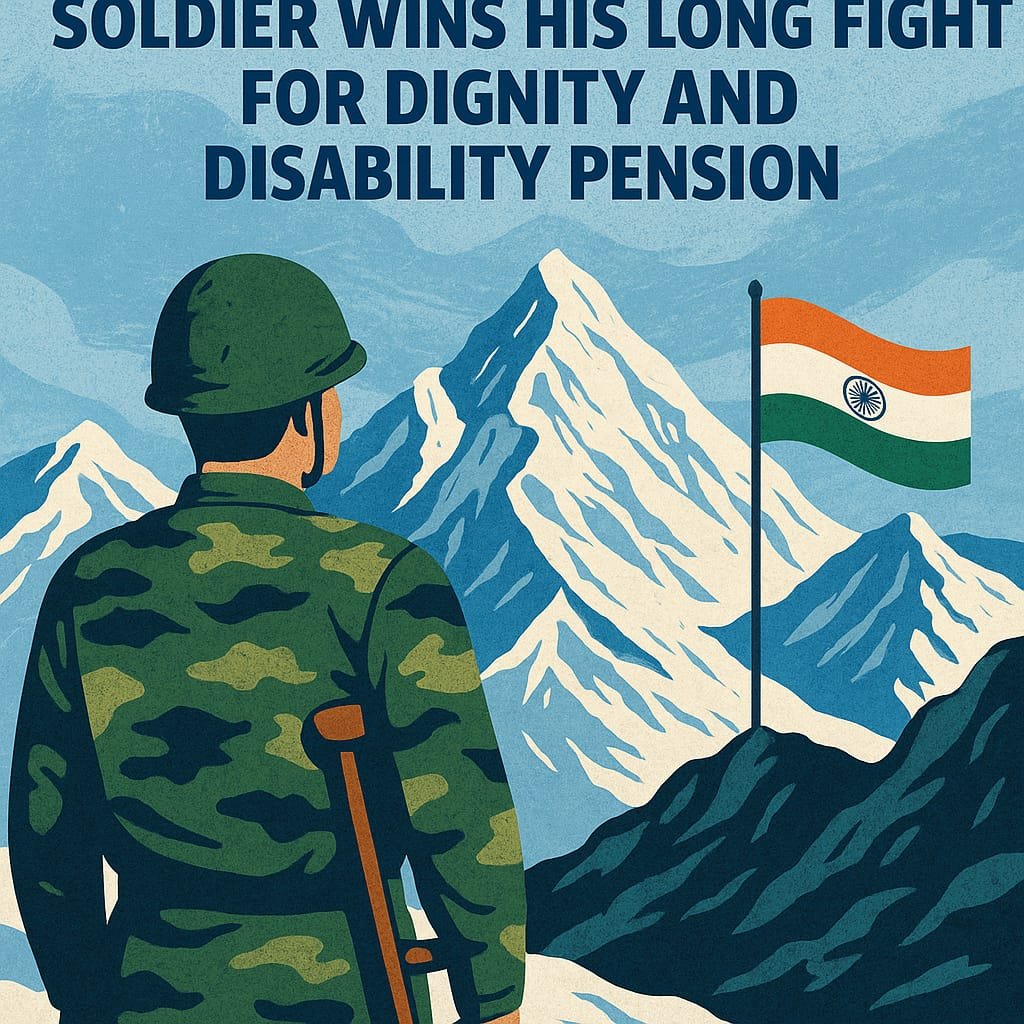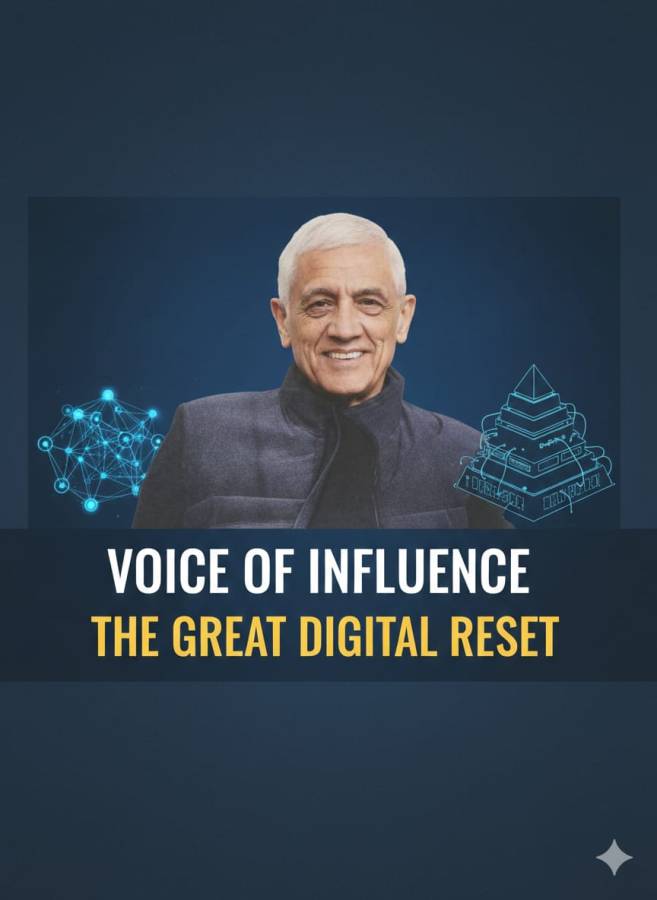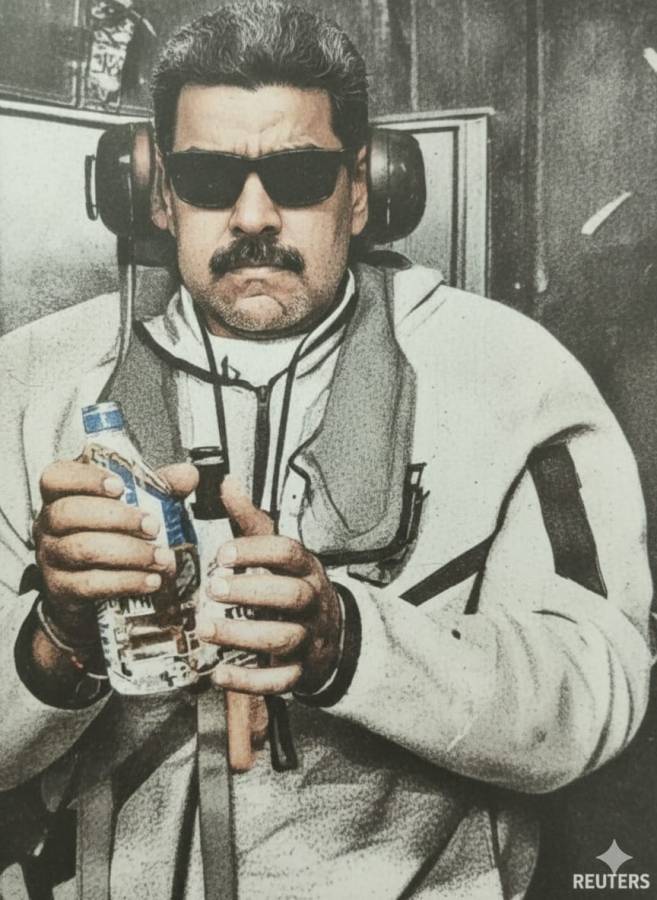
When a soldier returns from battle, the wounds he carries are not always visible. For Bijender Singh, the scars were deep, silent, and ignored — until now.
In a verdict that rights a long-standing wrong, the Supreme Court has finally restored dignity and rightful dues to Singh, a former soldier of the Indian Army, who spent 35 years fighting not an enemy, but a system that failed him.
Singh had joined the Army Air Defence Regiment in August 1985, young, fit, and full of purpose. In 1988, he was posted to the Siachen Glacier — the highest battlefield on Earth, where oxygen is thin, temperatures fall below minus 50 degrees Celsius, and life itself becomes a daily act of survival.
It was there, between May and September of that year, that Singh began suffering from violent tonic-clonic seizures. Despite the brutal conditions he endured, an Invaliding Medical Board declared that his illness was “neither attributable to, nor aggravated by military service.” He was discharged in 1989 without any disability pension — left to face his declining health and financial hardship alone.
In mid-April 2025, a bench comprising Justices A.S. Oka and Ujjal Bhuyan rejected that outdated conclusion. They ruled that once a soldier is found medically unfit after active service, the presumption must favor him — unless the government can clearly prove otherwise. "The very fact that he was upon proper physical and other tests found fit to serve should raise a presumption," the Court emphasized.
Singh was granted a 50% disability pension for life, effective from January 1, 1996. But the decision carries a weight beyond numbers: it reaffirms a nation's duty toward those who risk everything in its service.
The Court also highlighted a crucial principle — that soldiers should not have to engage in endless battles to prove their suffering. Their physical clearance at the time of induction should stand as proof of their right to protection later, especially when their health deteriorates under the strain of harsh service conditions.
In a broader sense, Singh’s case sheds light on the need for a more humane and liberal interpretation of disability rules for the armed forces. A soldier’s morale, the Court observed, requires "absolute and undiluted protection," not bureaucratic hurdles and cold technicalities.
For Bijender Singh, the pension comes late — but it comes carrying the silent salutation of a grateful nation. His story now stands as a testament that no battle, fought with courage and truth, is ever truly lost.





















